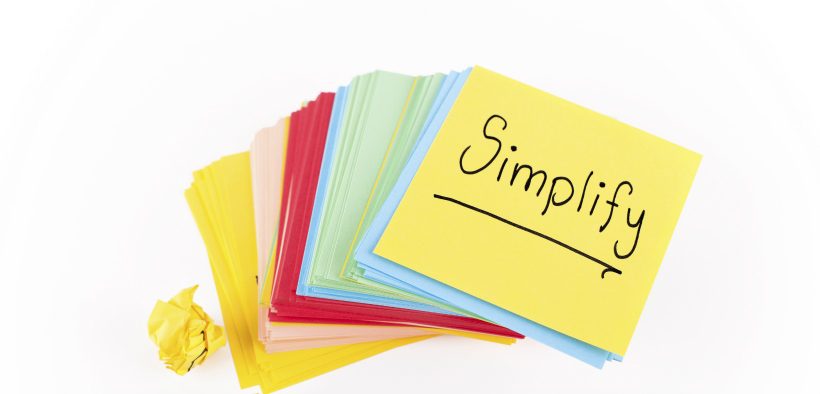A lot of students are terribly optimistic about the grade they'll be getting in a course. They start out imagining that they're going to do very well, especially if they've decided it's an easy course. And when they miss an early assignment or get a grade lower than what they expected on the first assignments, they tell themselves there's plenty of time to recover. If they do finally get things going in the right direction, it's often too late with only a small percentage of points left to earn in the course. For teachers, the question is how to get students doing what they need to be doing when they need to do it.
Related Articles
I have two loves: teaching and learning. Although I love them for different reasons, I’ve been passionate about...
Active learning is a mostly meaningless educational buzzword. It’s a feel-good, intuitively popular term that indicates concern for...
Perhaps the earliest introduction a student has with a course is the syllabus as it’s generally the first...
Generative AI allows instructors to create interactive, self-directed review activities for their courses. The beauty of these activities...
I’ve often felt that a teacher’s life is suspended, Janus-like, between past experiences and future hopes; it’s only...
I teach first-year writing at a small liberal arts college, and on the first day of class, I...
Proponents of rubrics champion them as a means of ensuring consistency in grading, not only between students within...








